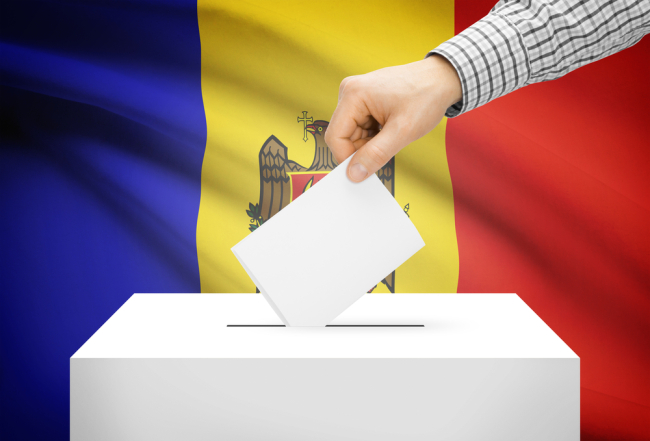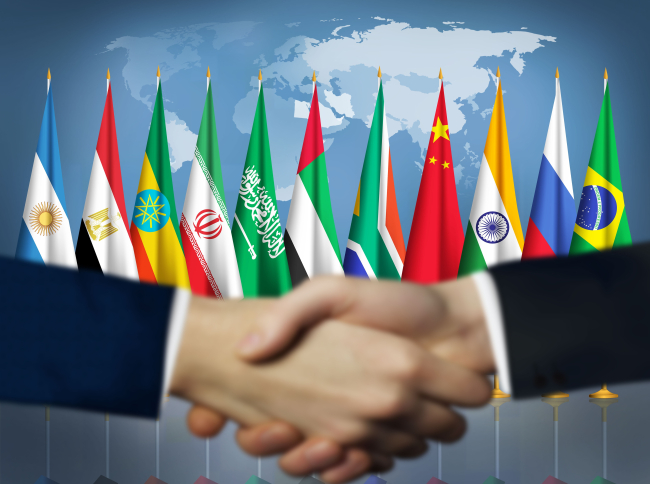Workshop on EU-Russian Relations
In collaboration with its partners, Ifri is currently supporting a Task Force on the future of EU-Russia relations. The first workshop was held on 2 December 2005 in Paris.
In collaboration with its partners, Ifri is currently supporting a Task Force on the future of EU-Russia relations. The first workshop was held on 2 December 2005 in Paris. Four contributions were then presented:
'Russia, NATO and the EU: A European Security Triangle or Shades of a New Entente?',
Andrew Monaghan, Russie.Nei.Visions, No 10(a), May 2006.
'The EU and Russia: the Needed Balance Between Geopolitics and Regionalism',
Thomas Gomart, Russie.Nei.Visions, No 10(b), May 2006.
'Representing Private Interests to Increase Trust in Russia-EU Relations',
Timofei Bordachev, Russie.Nei.Visions, No 10(c), May 2006.
'Multiplying Sources as the Best Strategy for EU-Russia Energy Relations',
Michael Thumann, Russie.Nei.Visions, No 10(d), May 2006.
They were debated by Xavier de Villepin, Louis Gautier, Dov Lynch, and Dominique David. The workshop was chaired by Thierry de Montbrial. This special issue of Russie.Nei.Visions gathers all these contributions in one place. At this stage, they must be read as works in progress, intended for critique and thus as fuel for the EU-Russia debate. They will be further enriched through the work of the second workshop, in 2006, and will end by issuing precise recommendations.
Related centers and programs
Discover our other research centers and programsFind out more
Discover all our analysesMoldova’s Foreign Policy after 2024 Presidential Elections: Staying on the EU Path, Moving Eastwards or Becoming Multi-vector?
The future of Moldova’s foreign agenda will undergo a stress test during the upcoming presidential elections on October 20, 2024.
Russian Strategic Thinking and Culture Before and After February 24, 2022: Political-Strategic Aspects
Written by Dimitri Minic, the scientific article "Russian Strategic Thinking and Culture Before and After February 24, 2022: Political-Strategic Aspects" in Russia’s war against Ukraine: Complexity of Contemporary Clausewitzian War by the National Defence University Department of Warfare, Helsinki 2024.
Russia and the New BRICS Countries: Potentials and Limitations of a Scientific and Technological Cooperation
At the fifteenth BRICS summit, held in Johannesburg, South Africa, from August 22 to 24, 2023, a resolution was adopted to extend an invitation to six new countries to join the organization: Argentina, Egypt, Ethiopia, Iran, Saudi Arabia, and the United Arab Emirates (UAE). All of these countries except Argentina duly became members of BRICS in 2024, with the expanded group known as BRICS+. In addition to the political and economic advantages, it is assumed that the incorporation of these new countries could potentially facilitate their scientific and technological development.
The South Caucasus: A New Strategic Space?
The states of the South Caucasus are trying to find their footing in an increasingly fragmented international landscape.















